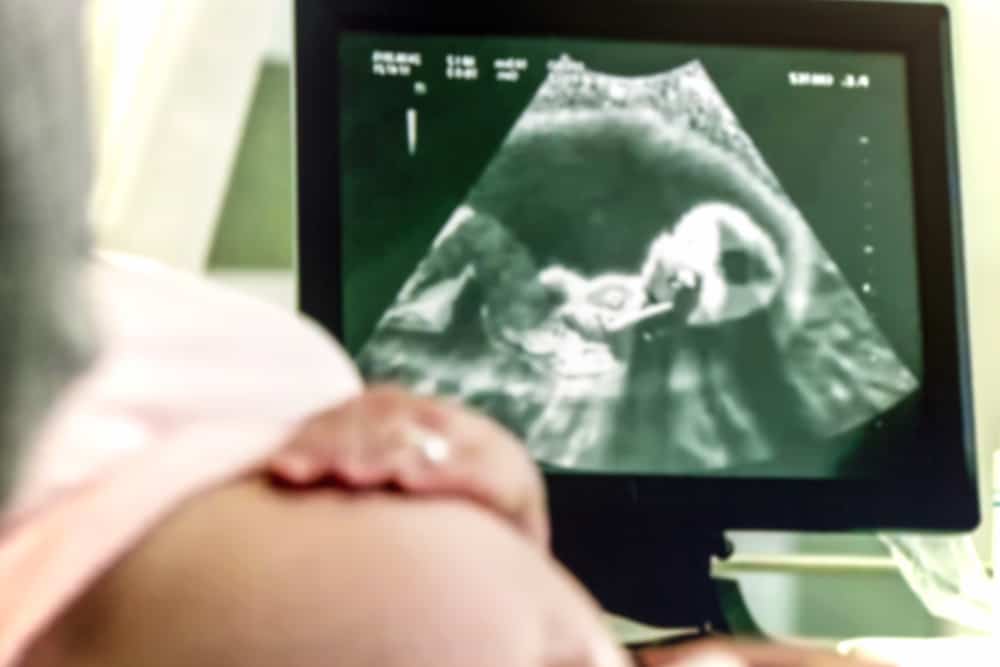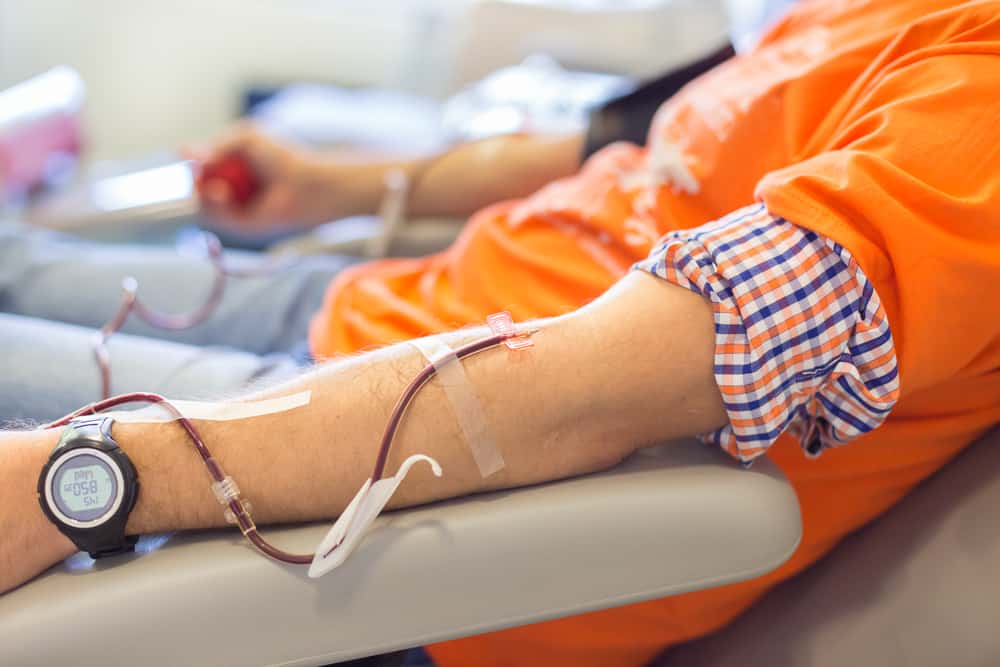Contents:
- Medical Video: Treating Low Blood Sugar | Hypoglycemia | Nucleus Health
- Early symptoms for detecting diabetes
- 1. Feet hurt and numb
- 2. Blurred vision
- 3. Changes in the state of the skin
- 4. Susceptible to infection or disease
- 5. Red and swollen gums
- 6. Slow healing of wounds
Medical Video: Treating Low Blood Sugar | Hypoglycemia | Nucleus Health
Diabetes mellitus or commonly called diabetes is a disease caused by damage to the regulation of blood sugar levels in the body. Diabetes can cause long-term damage or disease complications to various organs such as the eyes, kidneys, nerves, blood vessels, and heart.
According to data from Basic Health Research (Riskesdas)the highest number of diabetes mellitus is the population aged 15 years above. But only 30 percent have been diagnosed, while the rest are not aware of having diabetes.
In Indonesia, the number increased from 5.7 percent in 2007 to 6.9 percent in 2013. It is also estimated that in 2030 the number of people with diabetes mellitus in Indonesia will reach 21.3 million people. Diabetes in Indonesia is the third largest cause of death with a percentage of 6.7 percent after the heart (12.9%) and stroke (21,1%).
Based on data from Indonesian residents who have diabetes, early detection is needed to find out if you have a risk of diabetes. How to detect diabetes? Perhaps the most accurate way is to do a blood test in the laboratory.
However, there are several symptoms that can be used to detect diabetes early. These symptoms can already be felt, but it has not been realized even sometimes ignored. The following seven symptoms of diabetes are often ignored.
Early symptoms for detecting diabetes
1. Feet hurt and numb
Very high blood sugar levels will cause damage to the body's nerves. Not all people experience these symptoms. But people who have diabetes will feel numbness, tingling, and pain in the body, especially in the legs. Symptoms like this usually occur in someone who has had diabetes for 5 years or more.
2. Blurred vision
Blurred views on diabetics usually originate from lens disorders (cataracts) or eye nerve disorders (diabetic retinopathy). The condition of blood sugar that is high enough can trigger a buildup of protein in the lens of the eye resulting in cataracts. Uncontrolled blood sugar can also cause the small blood vessels in the eye to be disturbed or even ruptured so that the eye nerve (retina) cannot work properly.
3. Changes in the state of the skin
High levels of insulin encourage pigments that cause black spots on the skin. If there are changes that are felt on the skin, it could be the first sign you have diabetes. Changes can be characterized by skin that becomes dark, scaly, and early wrinkles appear.
4. Susceptible to infection or disease
Someone with early symptoms of diabetes tends to be more susceptible to bacterial and fungal infections because they have a decreased immune system. These microorganisms need glucose as their energy source. Infection can grow in warm and moist skin folds, such as between the fingers and toes, under the breasts, or in or around the genitals.
5. Red and swollen gums
Diabetes can weaken your immune system and your ability to fight infection, increasing the risk of infection in your gums and jaw. Your gums can be swollen or may be injured.
6. Slow healing of wounds
High blood sugar can affect blood flow and cause nerve damage in the body area which interferes with your body's natural healing process.
Knowing the symptoms of diabetes early will make it easier for you to deal with these symptoms and even prevent them. Diabetes can be prevented by doing regular exercise, maintaining a healthy lifestyle and keeping blood sugar levels normal.
To maintain normal blood sugar levels, you must limit sugar consumption, but that does not mean you are anti sugar, all you can do is replace your daily sugar. Use low-calorie and sugar-free sweeteners to prevent diabetes and control calorie intake. That way, you don't need to worry.












